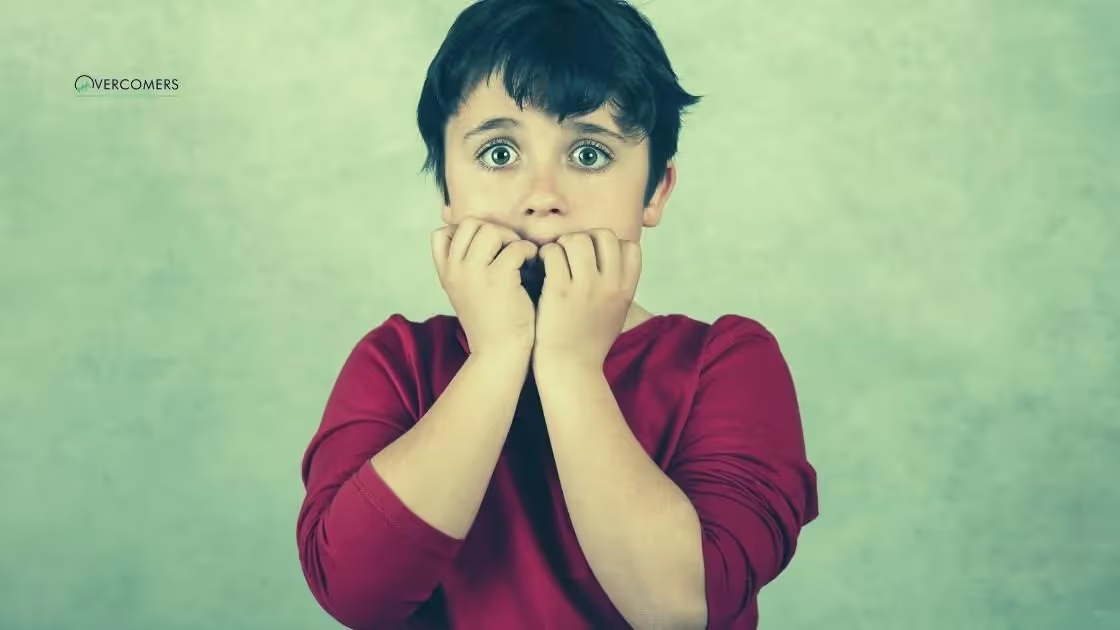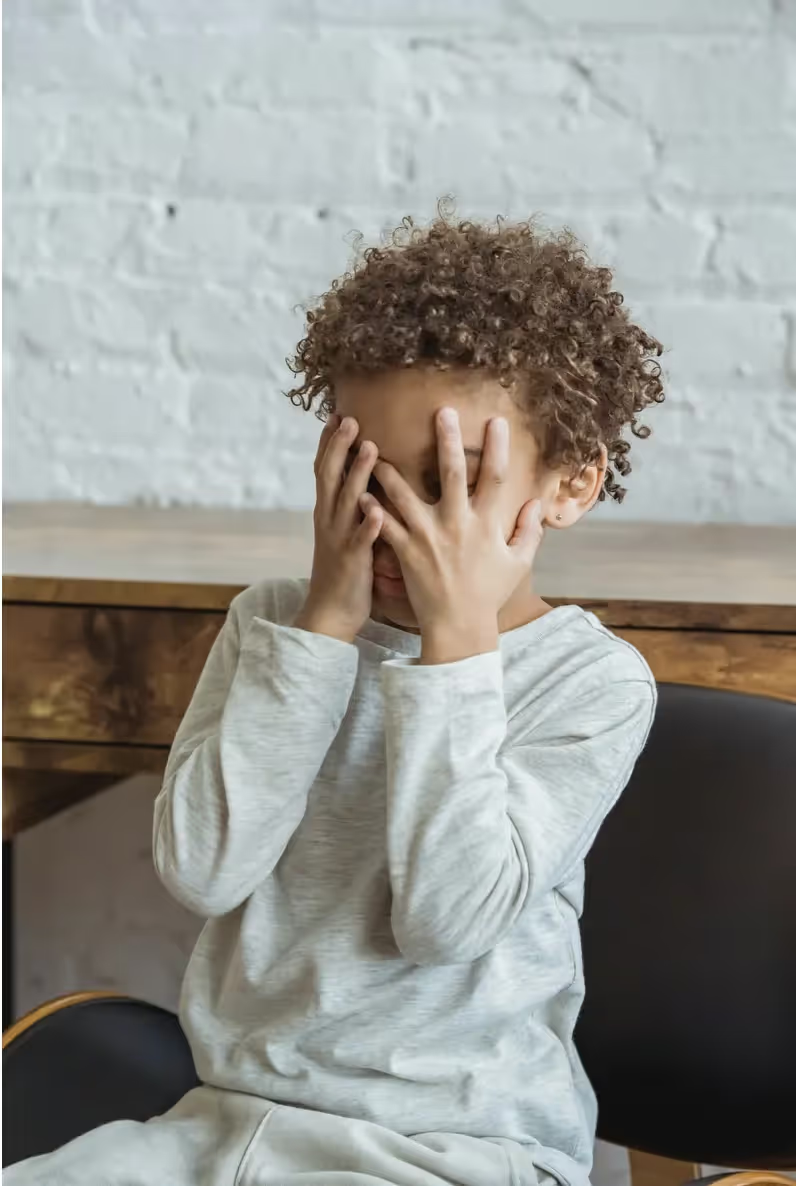When it comes to our personalities, we are each characterized by individual traits that define us uniquely in this world.One particular aspect of...

When it comes to our personalities, we are each characterized by individual traits that define us uniquely in this world.
One particular aspect of personality development is understanding the significance of attachment styles.
Attachment styles, which are an aspect of nurture that we all develop within our childhoods, come in four different forms.
These styles, although formed in childhood, can very much carry on into our adult lives.
So that is why we have outlined and described the following four different types of attachment styles:
With this type of attachment style, children have a generally healthy sense of attachment to their parents.
If the parents leave the children to themselves, then the children will naturally become happy or feel content upon the parents' return.
When children feel afraid, then they will seek solace from their parents.
Typically, when caregivers reach out to their children, they will be greeted with love and affection.
Secure children tend to be a bit more receptive and open to parent interaction than children with other attachment styles.
Sometimes, children with secure attachment styles can be consoled by strangers or unfamiliar people, but for the most part, they respond much more easily to their parents or those who are familiar to them.
The way that parents of children with secure attachment styles respond to their children is much different from parents of children with other types of attachment styles.
Parents of children with secure attachment styles make it a habit to devote more time and energy to their children and are generally more receptive or aware of their children's wants or needs.
According to various studies, children with secure attachment styles generally develop much stronger senses of empathy in the latter parts of childhood.
They also are typically less hostile, aggressive, or distractible than children with other types of attachment styles.
Given that children with secure attachment styles tend to have much healthier habits than children with other attachment styles, their secure, stable attitudes will generally carry on into adulthood.
Securely attached adults typically have longer-lasting, more trusting relationships.
They are typically more confident, partake in fulfilling friendships or relationships, actively seek out opportunities to socialize, and have a strong ability to connect with others.
With the anxious type of attachment style, parents will demonstrate inconsistencies in how they take care of their children's needs.
Sometimes, parents will show support to their children, but other times, they'll misunderstand their children and choose to avoid their needs altogether.
Because parents are sending out mixed messages regarding their children's needs and level of attentiveness to their children, children may become confused regarding the intentions of their parents.
One major reason that children may develop an anxious attachment style is that parents are looking to fulfill themselves rather than genuinely care for their children's needs.
This is referred to as "emotional hunger."
Because of this, parents can seem either overprotective or overbearing when caring for their children.
Moving into adulthood, there are many signs of an anxious attachment style to look out for.
Those who have anxious types of attachment style usually have high opinions of others but personally struggle with low senses of self-worth.
They tend to be very sensitive to others' needs while neglecting their own.
In cases where they are being neglected or not paid enough attention to, they might fall into habits of self-blame or feelings of unworthiness.
They also might become very easily jealous in cases of romantic relationships.
As a result, adults with anxious attachment styles tend to be very clingy or overly dependent on others to fulfill their emotional needs.
Children who have formed avoidant attachment styles throughout their lives tend to be very fearful of developing intimate relationships.
Adults with avoidant attachment styles are marked by a lack of trust in others, lack of affection, or difficulty in maintaining close relationships
.In romantic relationships, those with avoidant attachment styles are emotionally distant and prefer to be largely self-reliant.
According to a study conducted by Hazan and Shaver, approximately 25% of adults have an avoidant attachment style.
Children who have avoidant attachment styles usually avoid their parents and do not differentiate between the care of their parents or total strangers.
Those with avoidant types of attachment styles typically grow up in abusive households or have neglectful parents in general.
Since children are usually punished or reprimanded for relying on their parents too heavily, they associate trust and care with negative feelings.

If you are categorized in the disorganized attachment style, then you likely did not have a healthy relationship with your parents throughout your childhood.
In such cases, children somehow, either directly or indirectly, receive the message that their parents are not emotionally available or able to meet their needs inappropriate ways.
In turn, the children will feel insecure when forming future types of bonds or relationships.
Since children with disorganized attachment styles learn to somehow fear their caregivers in early childhood development, then they tend to experience major problems with behaviors such as substance abuse, mental health conditions, or personality disorders.
They usually have a hard time viewing others in a positive light, or tend to view others as a source of fear rather than trust or love.
Children with disorganized types of attachment styles usually have experienced a significant amount of trauma or abuse throughout their childhoods, which may include physical or sexual abuse.
They typically view others as threats throughout their adulthoods, since parental figures, or supposed sources of safety, threatened them and betrayed their trust in ways that are difficult to be amended.
The way that you've been raised, as outlined by the four types of attachment styles, can easily predict how you treat others in relationships throughout your adulthood.
Although the concepts of both nature and nurture should be taken into consideration, attachment theory in childhood can reveal a great deal about the nuances of why we behave or view relationships the way that we do throughout our adult lives.
The four attachment styles of secure, anxious, avoidant, and disorganized all convey various aspects of either insecure or secure ways of bonding with others.
Regardless of how we choose to form relationships or bond with others, it is ultimately up to us to respond and adapt accordingly.
To reduce your anxiety, you can practice relaxation techniques such as deep breathing, progressive muscle relaxation, guided imagery, and mindfulness practices. Additionally, regular exercise has been found to be beneficial in managing stress and improving mental health.
The duration of anxiety counseling varies for each individual, depending on the severity of their anxiety and their progress in therapy. Our therapists will regularly assess your progress and adjust your treatment plan as needed.
Yes, Medicaid provides insurance coverage for therapy services specifically designed to help individuals struggling with anxiety, depression, and other mental health conditions.
Other activities which have been found helpful in reducing both immediate feelings of anxiousness and long-term anxieties associated with chronic disorders include yoga, journaling, nature walks, art therapy, volunteering, and other low-stress activities. Additionally, developing a healthy lifestyle incorporating adequate sleep, physical activity, and nutritious meals can help reduce overall stress levels.
Ignoring anxiety can exacerbate symptoms and make it more challenging to manage over time. This can result in a negative impact on your personal, professional, and social life, leading to feelings of isolation and even depression.
Addressing anxiety is crucial because it can significantly impact your quality of life and overall well-being. Left untreated, anxiety can lead to more severe mental health issues, relationship problems, and difficulty functioning in daily life.